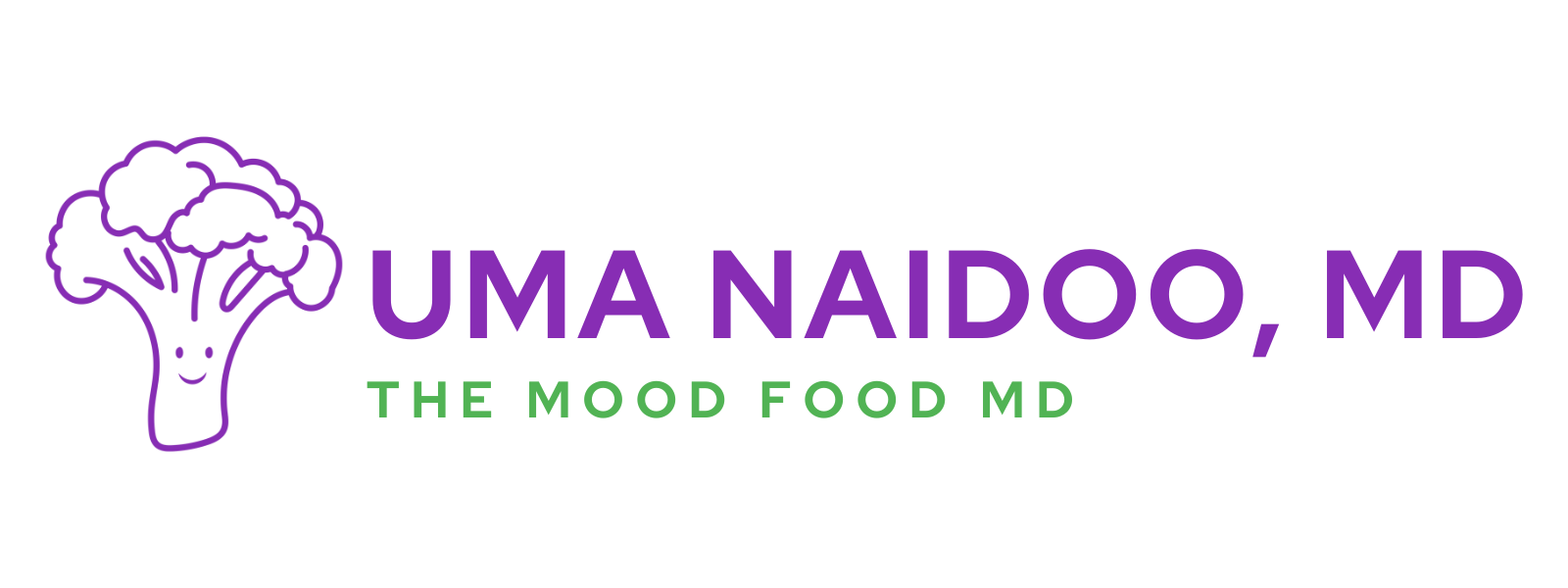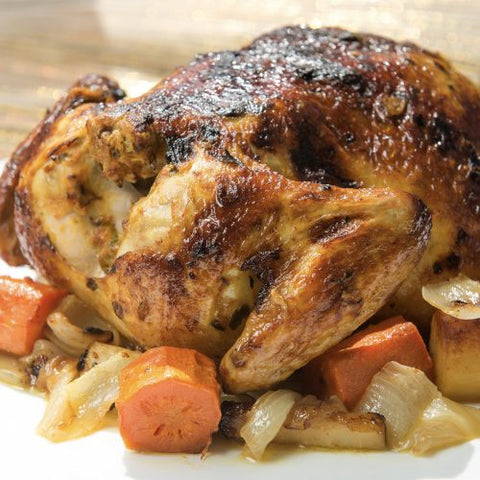In trying times and under stressful circumstances, it can be easy to reach for foods for emotional comfort; however, the draw to these less than ideal foods can also impact one’s mental health. Here, Uma Naidoo, MD, director of MGH Nutritional and Lifestyle Psychiatry, offers advice to help keep mentally and physically healthy during the COVID-19 pandemic.
What is Nutritional Psychiatry and how does it link mental health and nutrition? The best way to think of the connection is the old saying, “you are what you eat.” Nutritional Psychiatry studies the impact of food and nutrients on mental health. Scientifically, there is a physical connection between the gut and brain due to certain chemicals which move back and forth between these areas of the body, which further impacts mental health. For example, one area of research has shown that following a Mediterranean dietary pattern can protect against the development of depression.
What sort of mental health issues can good nutrition alleviate? Anxiety is the most common mental health disorder in the United States, followed by depression; and the country is no doubt seeing a worsening of these mental health issues during the COVID-19 pandemic. Eating more fruits and vegetables, lean meats, whole grains, and healthy fats – such as olive oil and avocado – while cutting back on added sugars will go a long way to a healthier balance of your gut bacteria, which has shown to help alleviate anxiety, stress and depression.
What should people look for when buying food? When shopping, I always recommend filling the cart with healthy options first. Here are some tips to shop for foods which will provide better mental health:
- Browse around the outer ring of the store first where fruits, vegetables, dairy, meats, poultry are located.
- Consider sweet potatoes over regular potatoes as they are a more complex carb and take longer to digest. You can even make oven fries with these.
- Try roasting spaghetti squash to create a pasta alternative.
- Reach for organic canned beans (black beans, red kidney beans, cannellini, butter beans, navy beans) or the dry versions if you know how to pressure cook them.
- Frozen vegetables with no added salt or sugar are a super easy, healthy and quick to make
- Opt for ground chicken or turkey instead of beef.
- Frozen fruits without added syrup are another great option if you have the freezer space.
What are some optional snacks you recommend helping manage the cravings people might have while home? Here are some hints to manage your sweet and savory cravings:
- Pair antioxidant-rich dark natural chocolate with fresh orange or clementine segments. Eating natural chocolate without the addition of alkalizing agents (called “Dutched”), will provide the positive brain benefits present in dark chocolate. Additionally, all citrus is rich in vitamin C, a huge immunity booster.
- Make air-popped popcorn and add an interesting seasoning like taco spices for a nice crunchy snack with less oil.
- Experiment with oven-roasted kale chips to offset heavier and less healthy potato chips.
- Try a mixed berry salad with Greek yogurt and a drizzle of honey.
Are there foods to avoid which could be detrimental to well-being/mental health? I call these the “usual suspects” because even though we may know they are not the best for us, we may not realize they also worsen mental health conditions. While it is important to have some enjoyable treats at a time like this, the key word is moderation. Have your favorite not-so-healthy snack, but you can share them among your family or simply ration out smaller portions. Other helpful tips:
- Avoid fruit juices with added sugars that simply make for more calories. For example, eat an orange and avoid the orange juice.
- Stay away from packaged cookies and baked goods; these treats are highly processed with a lot of preservatives and can worsen one’s mood.
- Instead of candy, a great way to get both texture and a sweet flavor is to consider a mix of raw almonds with pieces of dark chocolate chips and coconut flakes.
- Avoid fried foods (use oven baked or air fryer options) and fast foods.
Are there any specific online resources you advise folks to look at when trying to figure out what eat to maintain good nutrition and mental health? Absolutely, here are a few of my favorite sites I share with folks looking to help maintain their physical and mental health during difficult times.
- The Nutrition Source from Harvard T.H. Chan School of Public Health
- Tufts University Health & Nutrition Letter
- Adopt a Mediterranean diet now for better health later from Harvard Health Publishing
Lastly, Naidoo advises allowing yourself a weekly treat day in selecting one or two less healthier options the whole family enjoys. This way, one can indulge without throwing their bodies for a loop and maintain moderation.




